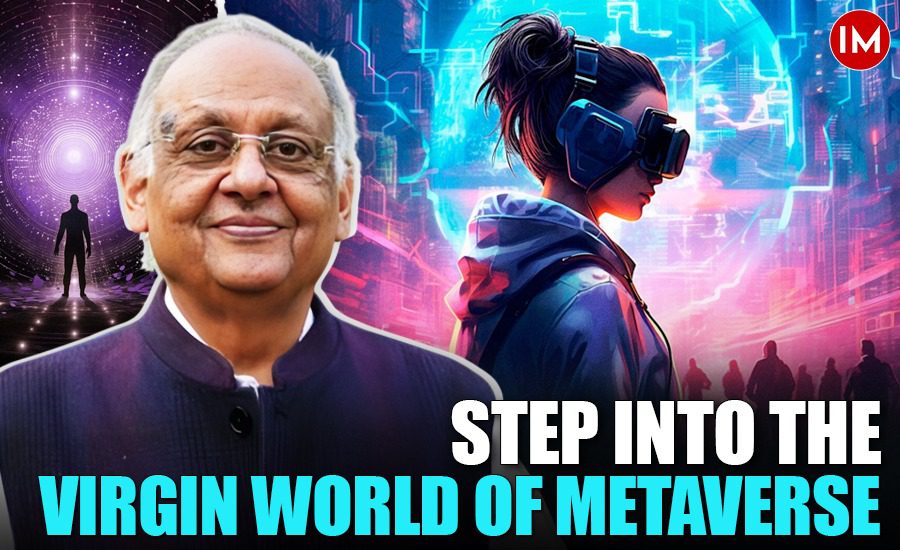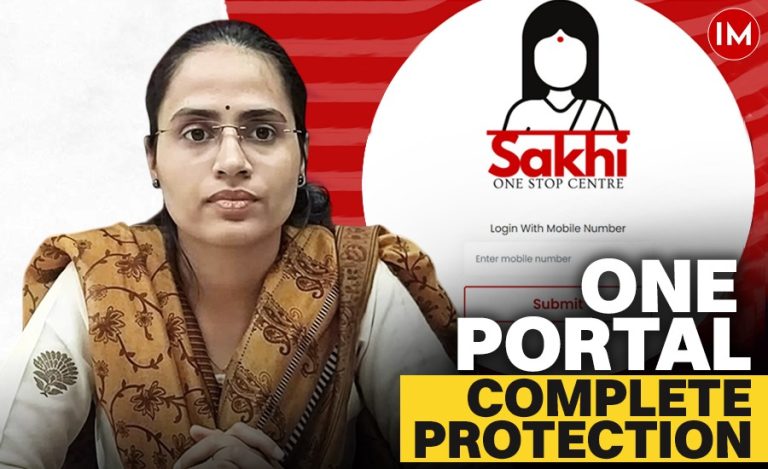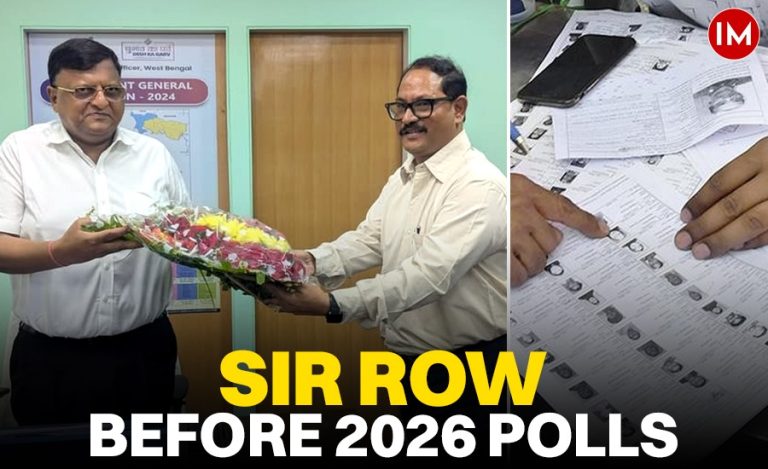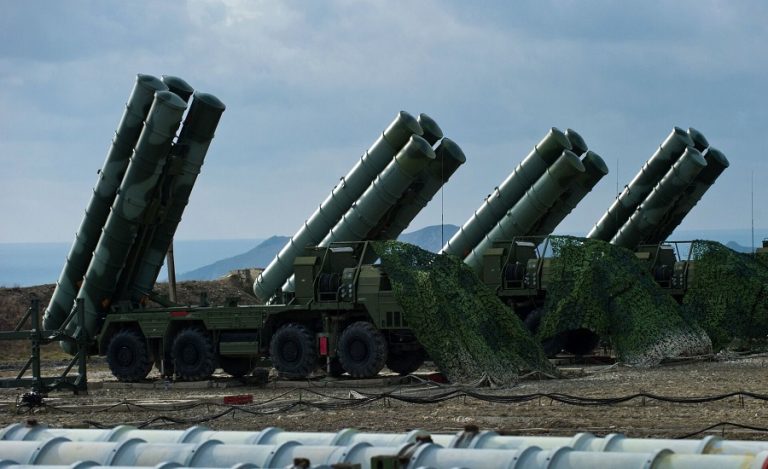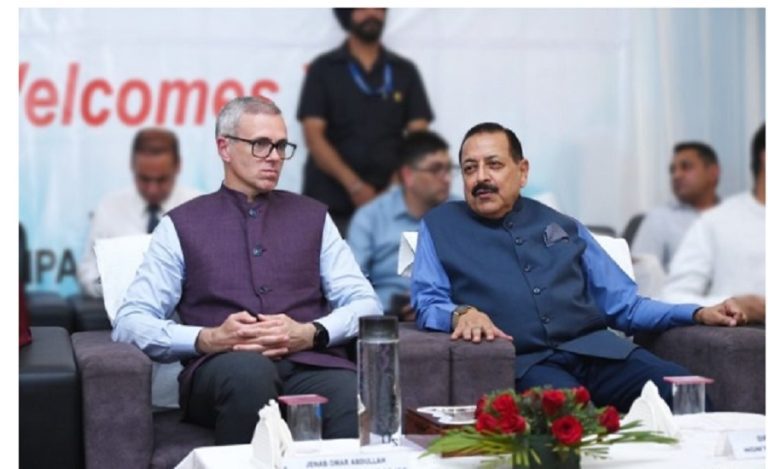Close your eyes and imagine this: you walk into a world where nothing exists yet. No cities, no roads, no offices, no schools. It is empty, waiting to be built. Every building, every playground, every mall, every supply chain — all of it is to be created. This was the dream of every business, but not any more. It is happening right now in the Metaverse. A virgin virtual world, with markets that have never existed before, lies open for pioneers to enter.
The Metaverse is not one single app or website. Think of it as a shared, immersive digital world where people can meet, work, learn, trade, play, and create. It combines virtual reality, augmented reality, artificial intelligence, and blockchain into a living environment where you don’t just browse — you actually exist. Your avatar becomes you. Your virtual land can be as real an asset as your house in a crowded city. Your digital clothes, concerts, meetings, even classrooms can be as important as their physical counterparts.
The Business Dream
For businesses, the Metaverse is a once-in-a-century opportunity. In the physical world, most markets are saturated. Every brand has competition, and every space is occupied. But the Metaverse is wide open. You can build a virtual shopping mall that people from five continents visit simultaneously. You can host a fashion show where the audience sits in Tokyo, Paris, and Delhi at the same time. You can set up a hospital where doctors examine patients in real time across borders, with AI assisting.
It is no surprise that companies, from global giants to small startups, are experimenting here. Virtual real estate has already been sold in platforms like Decentraland and Sandbox, sometimes for millions of dollars. Concerts by international singers have attracted millions of viewers, not in stadiums, but in virtual arenas. Schools are running pilot programs to teach children in immersive classrooms where history or science can be experienced, not just read. For entrepreneurs, as for all businesses, this is truly virgin territory.
The Powerhouse of Data
But the Metaverse is not just about fun and business. At its heart lies something even bigger: data. In this virtual world, every movement, every gesture, every conversation can be captured as data. Your eye movements when shopping, your tone of voice when speaking, your body language in a meeting — all can be recorded, analyzed, and monetized.
This makes the Metaverse a powerhouse of data unlike anything we have seen before. If social media could shape elections and markets by studying your likes and shares, imagine what a world can do when it knows your emotions in real time. Whoever controls this data will control not just businesses, but societies. This is where the Metaverse becomes not only an economic space, but also a strategic one.
Strategic Dimensions
At a national and international level, the Metaverse will soon be a battleground for power. Just as countries fight over oil, rare earth minerals, and technology, they will compete to control virtual platforms. The rules of ownership, privacy, taxation, and even national security will be rewritten.
Think of diplomacy in the Metaverse — leaders meeting in secure virtual rooms. Think of cyber warfare — battles not fought with bombs, but with manipulation inside digital environments where millions of people spend their daily lives. Think of propaganda and influence — where a virtual environment can be designed to subtly shape public opinion. The Metaverse is not a game, it is the next frontier of geopolitics.
Disorientation, Manipulation?
Yet, in this excitement lies a shadow. The Metaverse can also disorient individuals and societies. Already, social media has shown us how people lose sense of balance between the digital and real world. The Metaverse takes this to a new level. If you spend six hours a day as an avatar, wearing clothes you never own in real life, living in a mansion you never walk into physically, how do you return to the limitations of the real world?
This clash between the virtual and the real can create mental health issues — anxiety, depression, even identity confusion. Children may prefer their digital classrooms to real schools. Adults may escape into glamorous virtual offices or parties instead of facing everyday struggles. Societies may see fractures between those who are immersed in the Metaverse and those who are excluded.
The risk of addiction is real. The risk of manipulation is even greater. If every gesture, every mood, every preference is tracked, businesses and governments can push you in directions you don’t even notice. Your choices may stop being your own.
A Double-Edged Sword
So how should we see the Metaverse? Is it a dream or a danger? The truth is, it is both. On the one hand, it is a virgin world waiting to be built — an ocean of opportunities for business, education, healthcare, entertainment, and even governance. On the other hand, it is a world of risks — over-concentration of power, surveillance, manipulation, and mental health challenges.
The Metaverse will not wait for us to decide. It is being created right now. Virtual real estate is being bought and sold. Companies are entering. Nations are preparing. The question is whether we will enter this new world with open eyes, prepared to design rules and safeguards, or whether we will stumble in blindly, repeating the mistakes of the internet and social media age. Do we have the wisdom to think and act right?
The Way Ahead
What we need is balance. We must embrace the possibilities of the Metaverse — as a new frontier for human creativity, business growth, and global connection. But we must also prepare for its darker sides. Just as cities need laws, policing, healthcare, and education, the Metaverse needs governance, regulation, and human-centered design.
This virgin world must not become a jungle where only the powerful survive. It should be a place where imagination and equity flourish. That means building systems to protect mental health, ensure data rights, and prevent monopolies. It means educating people — especially children — on how to navigate the Metaverse safely. And it means nations cooperating to ensure that this new frontier does not become a new weapon of conflict.
The Metaverse is no longer science fiction — it is here, being built. How we shape it today will decide whether it becomes a paradise of creativity and opportunity, or a dystopia of manipulation and division. Again, will we shape it at all, or will it shape us? The choice, as always, is ours.

